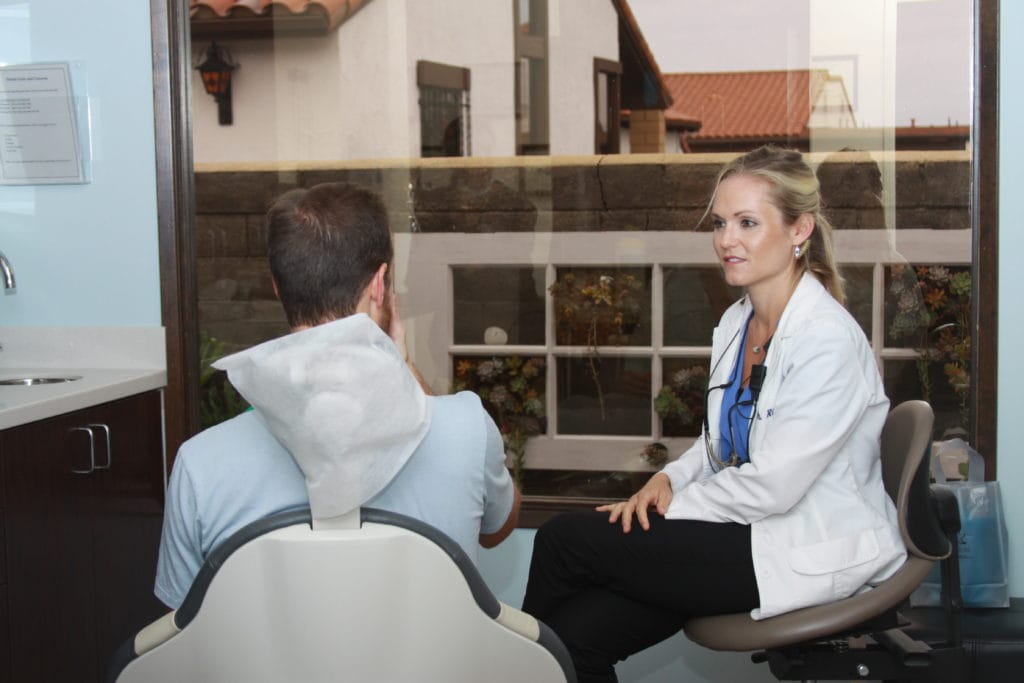A dental exam is much more than a routine cleaning. It is an opportunity to ask questions or discuss any oral care issues you may be experiencing. Five tips to prepare for your next appointment are:
- Schedule regular appointments
- Handle finances ahead of time
- Know your history
- Honesty is the best policy
- Clear your calendar
Regular Appointments
Regular preventive care can head off many potential oral problems. While seeing your dentist once every six months is the usual protocol, high-risk groups such as diabetics, pregnant women, or smokers may be advised to schedule more often. Your dentist can recognize issues before you can see or feel them, such as gum disease, cavities, or oral cancer. The earlier problems are recognized, the higher the likelihood that they can be successfully treated.
Finances
Have a plan for payment worked out before you schedule your appointment. Not all insurance plans provide dental benefits, and not all dentists take all insurance plans. If you are uninsured or underinsured, dental discount cards are available. For a low monthly payment, you can receive discounts on dental services. Having a plan in place will lower your stress level and make check-in go smoothly.
History
Although oral ailments can be caused by poor oral hygiene, there are also genetic components involved. We all inherit different resistance levels to bacteria. There are also systemic, hereditary diseases that can lead to gum disease. You should inform your dentist about past oral problems, any allergies you have, any medications you take, and your overall well-being. This information will assist your dentist in making the best possible plan for your care.
Honesty
While you may feel embarrassed about admitting you have been slacking off on your dental routine, it is very important to be honest about it. Tell you hygienist things like if you haven’t been flossing like you should, you’ve been drinking more coffee, or maybe you started smoking. Nobody is judging you, they just want to keep your teeth as healthy as possible. If you are open with your dentist, they’ll know exactly what to pay extra attention to, and how to help you.
Scheduling
If major dental work is needed or even if it is a routine appointment you might feel anxious about, make sure you schedule it at a time when you don’t have any big responsibilities going on at work or home. This way you are not adding on extra stress worrying about other things during your treatment.
Conclusion
Following these tips will help you to get the most out of your next dental visit. They will also ensure that appointments going forward are quick and painless. Feel free to contact our offices if you have any questions, or if you’re ready to schedule your next appointment.

